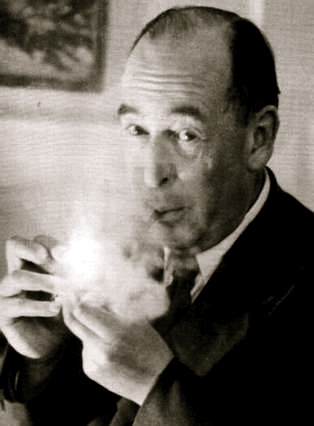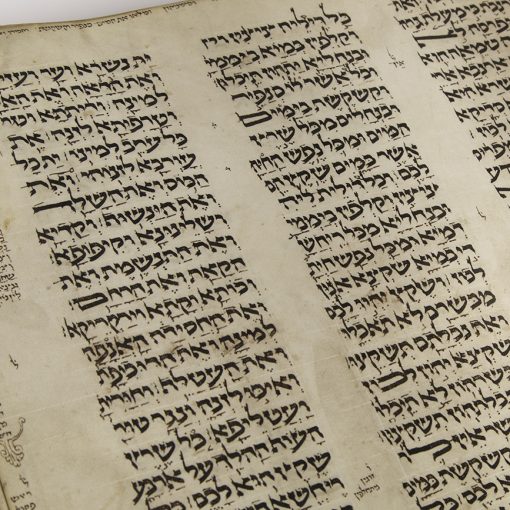Many of you know that last year I was the interim rector of an Episcopal parish going through transition. Requiring an interim is one of the better things that the Episcopal church does, and the thoughtful review and reflection process is another. This year I took up a new role as the inaugural dean of the Lewis Honors College at the University of Kentucky. It so happens that the church I am attending here has also just entered into an interim time after their rector became the new bishop for eastern Tennessee. In both cases, the parishes have used a parish survey tool from Holy Cow! Consulting. Last year I spent a LOT of time in Nashville with the parish leadership working through the results of the survey and found it to be very enlightening and useful and the consultants to be very helpful. There is, however, a horribly worded question in the survey.
“Scripture is the literal Word of God without error, not only in matters of faith, but also in historical, geographical, and other secular matters.”
The respondent has the choice of a Likert scale from “Strongly Disagree” to “Strongly Agree” with additional the option of “Don’t Know.” The information they are seeking to illicit is important for a community (and candidate) to understood where they are collectively with regards to the role of the Bible. The wording of this question, in my opinion, renders any results worse than useless. Why “worse than useless”? Because it gives people the false sense of knowledge about the community.
For example, at the last parish the results were widely and evenly spread across the scale. That gave many people the impression that the church had a very diverse and even view on the authority of Scripture. When I separated that question out into three related questions by clause (“Scripture is the literal Word of God.” “Without error in matters of faith.” “Without error in matters historical, geographical, and other secular matters.”) and surveyed close to 100 parishioners who were attending Wednesday study (so a self-selected subgroup, to be sure) we found that the vast majority agreed that it was “the Word of God,” (with plenty of quibbling on “literal”) and largely agreed that it was without error in matters of faith, but very few felt the same was true for matters “historical, geographical, and other secular matters.” In other words, in response to the original survey question, many people whom most would consider to have “conservative” views regarding the authority of Scripture responded “Strongly Disagree” because there were too many elements to affirm in the single question. When it was broken apart, more detail and greater clarity resulted.
Having the single, multi-clause question as provided by the consultants offers nothing useful since there are too many variables of interpretation. What does “literal” or “without error” mean? What is a “matter of faith” as opposed to “historical matters”? (After all, do we not affirm certain historical matters in the Creeds, such as the virgin birth, death, and resurrection of Jesus?) If those are unpacked a bit, then we find some more useful information, but as it is, the congregations are left with very muddy understanding of the congregations’ view of Scripture. By the way, I did bring this up with our Canon and the firm and they defended the question and assured me I am not the first to object to it. That did reassure me, to know that others see it as problematic as well.
For the record, my frustration and objection has nothing to do with anyone’s view of Scripture. This is about good and bad survey creation. The question could be about breakfast cereal and if it was framed in a similar way, it would be equally useless.
This is a really important element of parish climate to understand, how do they view and understand Scripture. So why does it not deserve more than one question and properly worded ones at that?





